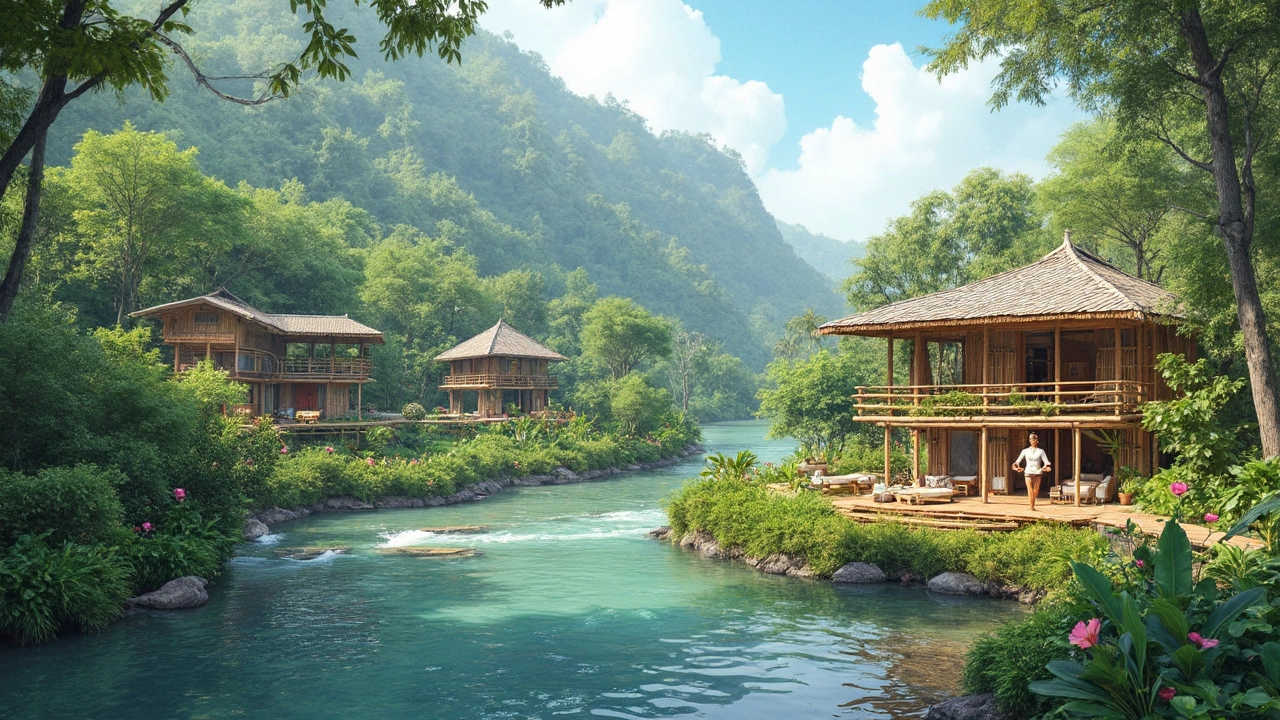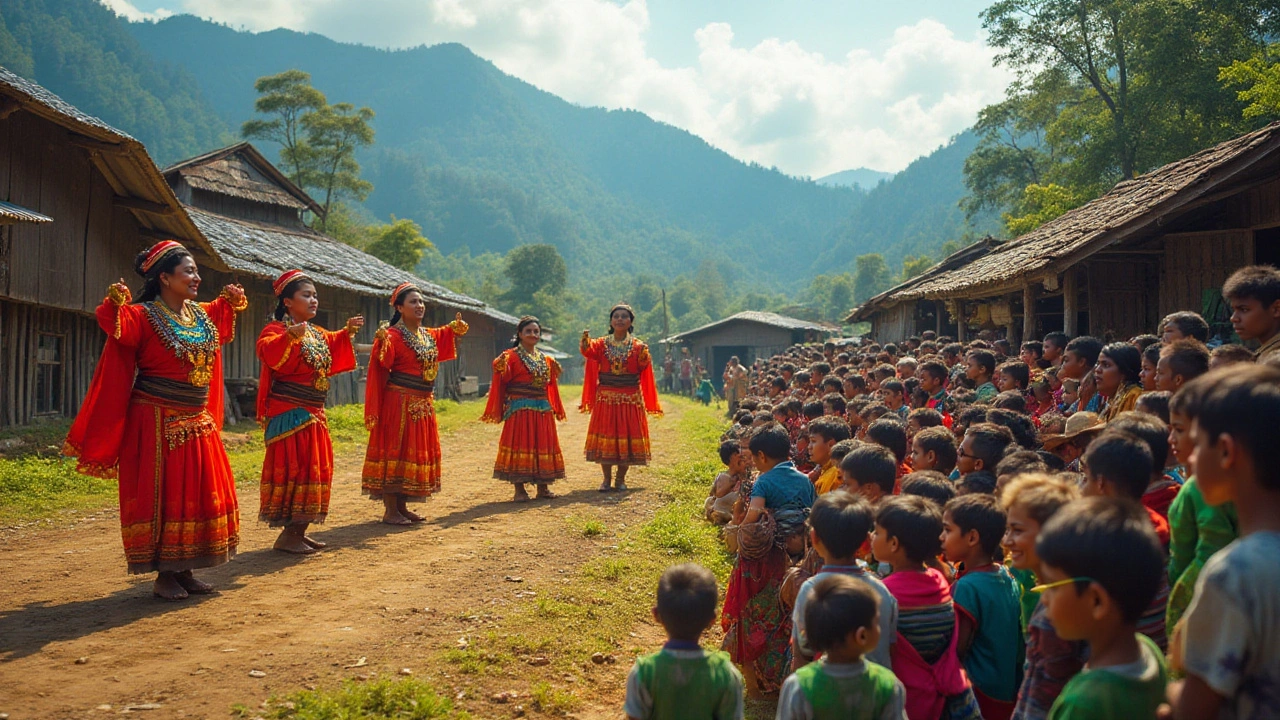SEARCH
Sustainable Tourism: Practical Tips for Traveling Green in India
Ever wondered how your trips can help, not hurt, the places you love? Sustainable tourism is about making choices that keep nature healthy, support locals, and still give you great experiences. Below are real‑world actions you can start using on your next Indian adventure.
How to Travel Responsibly in India
First, think about how you get around. Trains and buses use less fuel than private cars, and many routes connect major attractions. When you can, choose night trains or shared buses to cut down on emissions and save money.
Accommodation matters too. Look for hotels or guesthouses with green certifications, solar panels, rain‑water harvesting, or a clear recycling program. Even a modest eco‑lodgment often uses locally sourced food, which reduces transport emissions and boosts the local economy.
Mind your waste. Carry a reusable water bottle and a cloth bag for snacks. Indian streets are bustling, and single‑use plastics contribute heavily to pollution. A simple refill at safe water stations prevents dozens of plastic bottles from ending up in rivers.
Support local artisans by buying handcrafted items directly from the makers. Avoid mass‑produced souvenirs that travel thousands of miles. When you buy a hand‑woven scarf or a clay pot, the profit stays in the community and helps preserve traditional skills.
Lastly, respect wildlife. Choose tours that follow strict guidelines—no feeding animals, keep a safe distance, and never ride elephants for entertainment. Certified wildlife sanctuaries focus on conservation and provide education, making your visit both safe and meaningful.
Top Sustainable Destinations to Explore
Kerala’s backwaters offer houseboat stays that run on solar power and use biodegradable toiletries. The state also promotes community‑run homestays where you eat home‑cooked meals and learn cooking techniques that have been passed down for generations.
In the Himalayas, villages like Tawang in Arunachal Pradesh have started community trekking programs. Guides are locals trained in low‑impact hiking, and the fees go straight to village development projects such as schools and clean water.
The desert town of Jaisalmer has introduced solar‑powered desert camps. These camps provide shade, comfortable beds, and locally sourced cuisine while leaving the dunes untouched.
If you love marine life, the Andaman Islands now restrict visitor numbers at certain beaches and require biodegradable sunscreen. This protects coral reefs, which are already stressed by climate change.
Each of these places shows how tourism can work hand‑in‑hand with conservation. By picking them, you help prove that responsible travel is a win‑win for visitors and residents alike.
Remember, sustainable tourism isn’t about perfection—it’s about making better choices whenever you can. Small changes add up: a refillable bottle, a public‑transport ride, or a stay at an eco‑lodgment can turn a regular trip into a positive impact.
Next time you plan a journey across India, ask yourself: What can I do to keep the environment safe and the local people thriving? The answers are often simple, and the rewards are unforgettable memories that last long after the suitcase is unpacked.

Components of an Eco Resort: Building a Better Getaway
Eco resorts are changing the way we experience vacations, offering environmentally friendly options without sacrificing comfort. By focusing on sustainable architecture, local sourcing, energy efficiency, and community engagement, these resorts provide a guilt-free escape. Discover how these components work together to reduce environmental impact while enhancing the travel experience.
Continue reading
Challenges Facing Tourism in Northeast India
While Northeast India presents captivating landscapes and diverse cultures, tourism in this region faces several challenges. From infrastructure deficiencies and connectivity issues to environmental impacts and cultural sensitivity, these hurdles require attention to promote sustainable tourism. This article explores the underlying problems and suggests practical tips for travelers to navigate them while appreciating the region's rich heritage.
Continue reading